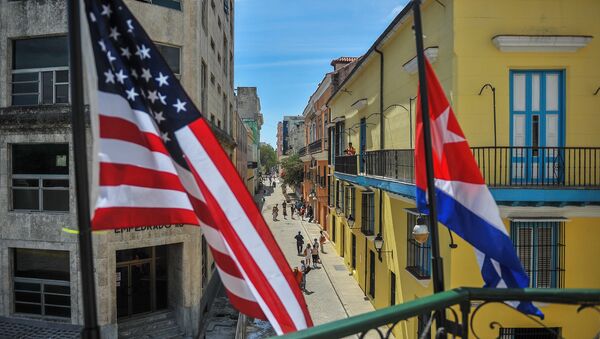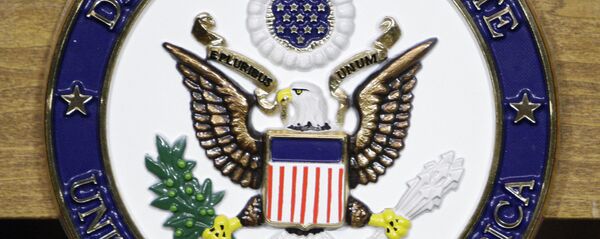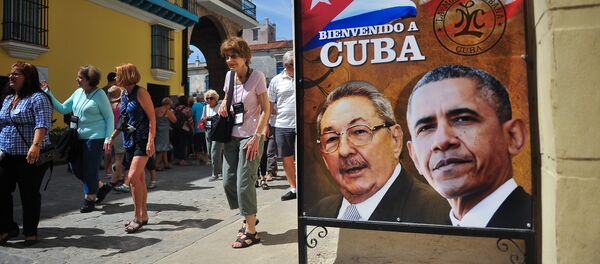"This is slander by the United States," Col. Ramiro Ramirez, the Cuban official tasked with ensuring the security of foreign diplomats, said Sunday.
US President Donald Trump said last week that Havana was culpable for sicknesses incurred by two dozen US officials who were stationed on the island. Symptoms the officials reported include hearing loss, dizziness, tinnitus, headache, cognitive issues and insomnia. Washington expelled 15 Cuban diplomatic officials earlier this month while sending half of the US diplomatic corps in Cuba back home.
"I want to stress that the decision to reduce our diplomatic presence in Havana was made to ensure the safety of our personnel," a senior State Department official told reporters September 29. "These attacks have been ongoing, and we expect it to continue," the official said.
A Cuban-led investigation into the bizarre illnesses started in February, but Washington has been become frustrated with their lack of progress. So far, Cuban investigators "have not been able to prove" that the acoustic strikes actually happened, Lt. Col. Roberto Hernandez said. The US offered Cuba's Interior Ministry 14 recordings of the sounds that were allegedly damaging, but Cuban officials have yet to find evidence that the samples are harmful to human health, Hernandez noted.
Cuban officials argue they don't have any sophisticated weapons with which to conduct the noise attacks, and if the attacks had been conducted by a third party, other Cubans would have been hurt as well, or at least noticed — neither of these things happened. "We interviewed more than 300 people in the neighborhood" where the attacks are said to have occurred, Lt. Col. Jose Alazo said recently, "no one heard these things."
"It's impossible," Alazo noted, adding, "we are talking about science fiction."
According to the BBC, though, the sound would not have needed to be particularly loud in order to be harmful. Steve Goodman, author of "Sonic Warfare" told the outlet it was "not clear" whether inaudible soundwaves could induce symptoms described by the State Department.
"The information given is so vague it's hard to say," Goodman said.
Indeed, a State Department official said in late September, "at this moment we don't have definitive answers on the source or cause of the attacks. And so I can't really speculate on engagement or no by Cubans or other parties. The [US-led] investigation's ongoing and we will see where the facts lead us in terms of cause or source."
Neurologists suggest that since there's no evidence of a weapon from both the US and Cuban investigations, it's possible mass psychogenic illness (MPI) among the US officials is the source. While MPI can lead to physical symptoms, there's no "organic" cause of it.
"There are a very large number of individuals that have relatively vague complaints as far as I can see," Mark Hallett, a researcher at the US National Institute of Neurological Disorders and Stroke, told the Guardian earlier this month. "There has been an exploration of possible causes for this and nothing has been found and the notion of some sonic beam is relatively nonsensical."
"If it is mass hysteria," a broader term under which MPI falls, "that would clarify all the mystery," Hallet said.
Ben Rhodes, White House foreign policy adviser during Barack Obama's tenure, told the Guardian he did not believe the Cuban government was behind the alleged attacks.







